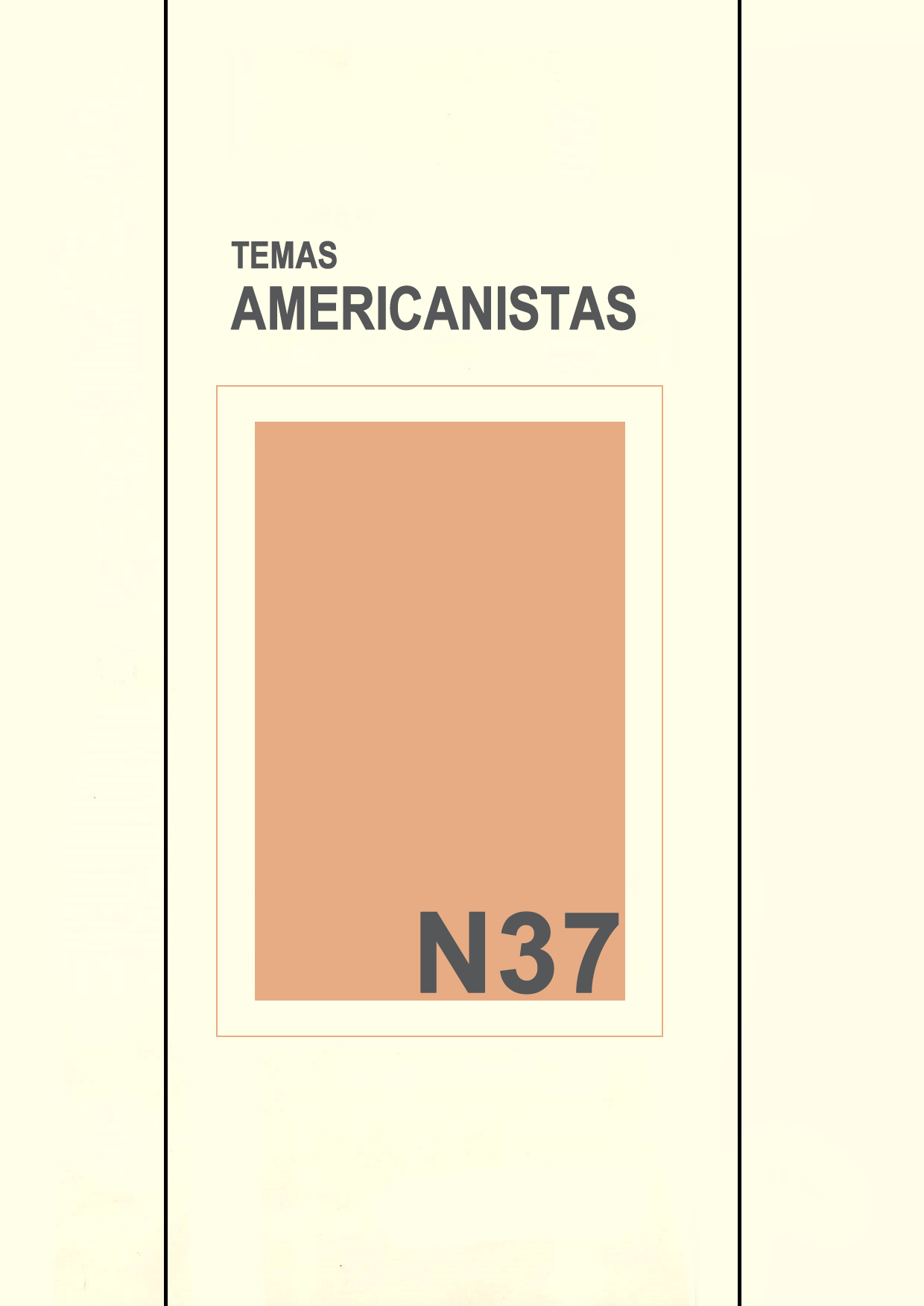Abstract
The article studies the differences on the responsibility of intellectuals among two promotions Mexican, only separated by a few years, matching between 1915 and 1923. The "Siete Sabios" driven by the ideology of Antonio Caso who quickly take action as preferential guideline, and one that foreshadows the future contemporary, which relegated the immediate action in favor of the criticism and the free test. Two promotions that come under the tutelage of the remains of the Ateneo de la Juventud, although with two distinct and contradictory orientations: the "wise" occupied in the reconstruction of the institutions in the immediate postrevolution, relegating the intellectual work in benefit of the task to be done , Close to Antonio Caso and José Vasconcelos; The future Contemporaries, who were then members of the New Ateneo de la Juventud, reluctant to be involved in the pragmatic and immediate task, focused on the search for an intellectual space of their own, more in line with the teachings of Pedro Henríquez Ureña and Alfonso Reyes.

